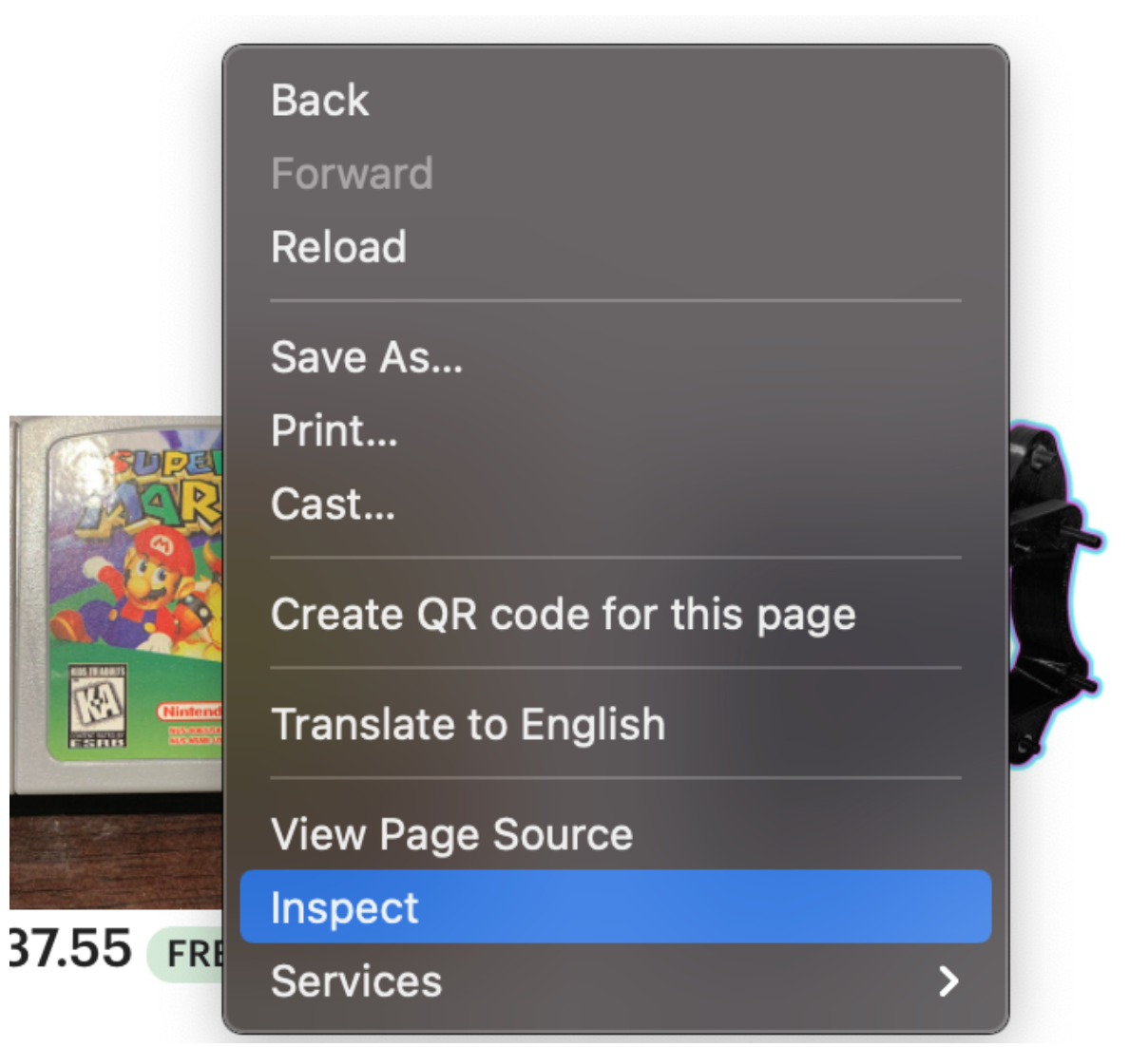Cincinnati Listcrawler: This intriguing term opens a window into the world of data extraction and analysis within the context of the Queen City. Understanding its implications requires examining the types of lists targeted – from business directories and resident registries to event calendars – and the methods used to collect this data. We’ll explore the technical aspects of web crawling, focusing on the algorithms and processes involved in gathering, organizing, and visualizing Cincinnati-specific information.
Equally crucial is the ethical dimension, prompting a discussion of legal considerations and responsible data handling practices.
The potential applications of a Cincinnati Listcrawler are vast and varied. Imagine its use in market research, urban planning, or even historical analysis. By understanding the capabilities and limitations of such a tool, we can harness its power for beneficial purposes while mitigating potential risks to privacy and intellectual property.
Understanding “Cincinnati Listcrawler”
The term “Cincinnati Listcrawler” refers to a program or process designed to systematically collect data from various online sources related to Cincinnati, Ohio. This could encompass a wide range of information, depending on the crawler’s purpose and design. The implications are multifaceted, ranging from beneficial data aggregation for market research or urban planning to potentially problematic activities like unauthorized data scraping or privacy violations.
Interpretations of “Cincinnati Listcrawler” vary depending on context. In a business context, it might represent a tool for market analysis, identifying competitors, or understanding consumer behavior within the Cincinnati area. In a research setting, it could be used to gather data for academic studies on urban development or social trends. Conversely, in a less ethical context, it might refer to malicious software used for harvesting personal information or disrupting online services.
Examples of “Cincinnati Listcrawler” usage include collecting business listings from online directories like Yelp or Google My Business, gathering real estate data from websites like Zillow or Realtor.com, or compiling event schedules from local event calendars. The term might appear in discussions about data analytics, web scraping techniques, or even in legal contexts involving data privacy violations.
Potential scenarios include a real estate company using a crawler to analyze property values, a market research firm studying consumer preferences in Cincinnati, or a malicious actor attempting to harvest email addresses for spam campaigns.
Check craigslist raleigh to inspect complete evaluations and testimonials from users.
Types of Lists Associated with Cincinnati: Cincinnati Listcrawler
Numerous types of lists are associated with Cincinnati. These lists contain valuable information for various purposes, from business development to academic research. The data within these lists, however, is subject to varying levels of access and use restrictions, requiring careful consideration of legal and ethical implications.
| List Type | Data Included | Potential Sources | Associated Risks |
|---|---|---|---|
| Business Directories | Business name, address, phone number, website, hours of operation, reviews, etc. | Yelp, Google My Business, industry-specific websites | Copyright infringement, violation of terms of service, data inaccuracies |
| Resident Lists | Name, address, contact information, property ownership details | County assessor’s office, voter registration databases (with limitations) | Privacy violations, potential for identity theft, misuse of personal information |
| Event Listings | Event name, date, time, location, description, ticket information | Local event calendars, ticketing websites, social media platforms | Data inaccuracies, outdated information, potential for misinformation |
| Real Estate Listings | Property address, price, size, features, photos, agent contact information | Zillow, Realtor.com, local real estate websites | Copyright infringement, violation of terms of service, data inaccuracies |
Potential data points found in Cincinnati-related lists include names, addresses, phone numbers, email addresses, website URLs, business categories, property details, event dates and times, and social media handles. The value of these lists depends heavily on their accuracy, completeness, and the intended use. For example, a comprehensive and accurate business directory could be invaluable for market research, while a list of event listings could help residents discover local activities.
“Crawler” Functionality in the Context of Cincinnati Data
A “crawler” designed to collect Cincinnati-related data would function by systematically visiting websites and extracting relevant information. This involves sophisticated techniques to identify, access, and process data from various sources. Ethical and legal considerations must be paramount in the design and implementation of such a crawler.
Technically, a Cincinnati data crawler would likely use web scraping techniques, employing libraries like Beautiful Soup (Python) or Cheerio (Node.js) to parse HTML and extract specific data points. It would need mechanisms to handle different website structures, manage requests to avoid overloading servers, and store the collected data efficiently. The crawler would also need to respect robots.txt directives to avoid accessing pages explicitly blocked by website owners.
A hypothetical algorithm might involve the following steps: 1) Define target websites and data points; 2) Fetch website content; 3) Parse HTML to extract data; 4) Clean and validate extracted data; 5) Store data in a database or other storage format; 6) Implement error handling and retry mechanisms; 7) Respect robots.txt and website terms of service. Different methods for accessing information include using APIs where available, scraping public web pages, and employing techniques to bypass certain security measures (which raises significant ethical and legal concerns).
Legal and Ethical Considerations
Using a crawler to collect data in Cincinnati, like anywhere else, carries significant legal and ethical implications. It is crucial to operate within the bounds of the law and maintain ethical data collection practices. Failure to do so can result in legal repercussions and damage reputation.
Legal implications include potential violations of copyright laws, terms of service agreements, and data privacy regulations such as the CCPA (California Consumer Privacy Act) or GDPR (General Data Protection Regulation) if applicable to the data collected. Ethical concerns include unauthorized access to private information, potential for misuse of data, and lack of transparency regarding data collection practices. Respect for intellectual property rights is also paramount.
Ethical data collection practices involve obtaining explicit consent where necessary, anonymizing personal data whenever possible, clearly stating data usage purposes, and ensuring data security. Respecting privacy and intellectual property rights is paramount, and adhering to robots.txt directives is essential. Always prioritize transparency and user consent.
Illustrative Examples

Consider a scenario where a crawler gathers information about Cincinnati businesses. The crawler could target websites like Yelp and Google My Business, extracting data such as business name, address, phone number, hours of operation, and customer reviews. This data could be used to create a comprehensive business directory, analyze market trends, or identify potential customers for targeted advertising. The output could be a structured database or a user-friendly interactive map displaying business locations and relevant information.
Another example involves a crawler gathering information about Cincinnati events. The crawler might access local event calendars and ticketing websites, collecting data on event names, dates, times, locations, descriptions, and ticket prices. This information could be used to create a city-wide event calendar, recommend events to users based on their interests, or analyze event attendance patterns. The output could be a dynamically updated website or a mobile app displaying events on a map.
A crawler focused on Cincinnati real estate listings could extract data such as property address, price, size, number of bedrooms and bathrooms, photos, and agent contact information. This data could be used to create a real estate market analysis, visualize property values on a map, or assist homebuyers in their search. The output might be a detailed report, interactive charts showing price trends, or a visual representation of property values across different neighborhoods.
In conclusion, the concept of a “Cincinnati Listcrawler” presents a compelling case study in the intersection of technology, data, and ethics. While the potential benefits of automated data collection are undeniable, responsible implementation is paramount. By carefully considering the legal and ethical implications, and by prioritizing transparency and respect for privacy, we can leverage the power of data extraction to gain valuable insights into the city of Cincinnati, fostering progress and innovation while upholding the highest standards of integrity.
Commonly Asked Questions
What are the potential risks associated with using a Cincinnati Listcrawler?
Risks include violating privacy laws, infringing on intellectual property rights, and overloading target websites. Improper use can lead to legal repercussions and reputational damage.
How can I ensure ethical data collection when using a listcrawler?
Adhere to robots.txt directives, respect website terms of service, obtain consent where necessary, anonymize data appropriately, and avoid collecting sensitive personal information.
What types of data are most commonly collected by Cincinnati listcrawlers?
Common data includes business information (name, address, phone number, website), event details (date, time, location, description), and real estate listings (address, price, features).
What are the legal implications of scraping data from Cincinnati websites?
Legal implications vary depending on the data collected, the method of collection, and the terms of service of the target websites. Violation of copyright, privacy, or terms of service can lead to legal action.



